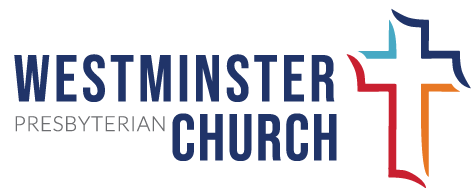The Lord of heavenly forces, the God of Israel, proclaims to all the exiles I have carried off from Jerusalem to Babylon: Build houses and settle down; cultivate gardens and eat what they produce. Get married and have children; then help your sons find wives and your daughters find husbands in order that they too may have children. Increase in number there so that you don’t dwindle away. Promote the welfare of the city where I have sent you into exile.
Hello again friends!
At the very beginning of this season of exile, God shows up to God’s people and essentially says “buckle up friends. You’re in this for the long haul.” Build some houses, settle down, and get some gardening done. Maybe that’s hard news to hear, but it’s news that makes sense to the people of Israel in this season of exile. What you might have missed is how absolutely offensive the piece that comes later would have been. Promote the welfare of the city? The city who came in and conquered us? The people who dragged us away from our homes and our comforts? Our enemies? You want us to not only be nice to them, but to help them prosper? What gives? This is not the way the world is supposed to work.
If we were listening though, it has been a part of God’s plan for God’s people from the very beginning. When God calls Abram to leave his familiar world and start a new people, God promises to bless Abram so that he can be a blessing to others (Genesis 12). We were never meant to be cul-de-sacs of God’s blessing. We are blessed by God so that we can bless those around us, even and especially if those people don’t know God.
And so here we find what I think can be the first lesson from exile: look to the welfare of those around us.
This can take a whole bunch of forms in the COVID exile we’re experiencing now. We wear mask not to protect ourselves, but because we recognize that it will help to protect those around us. We distance from friends and loved ones because we know that we will keep them safer. We text, call, and e-mail our neighbors and friends to see how they’re doing, because we want everyone to not just survive during this pandemic, but thrive. We look for the welfare of each other all the time.
It occurs to me that to look to the welfare of those around us is to look a little less toward our own welfare. This isn’t to say that we will be left with nothing, as if the only way for us to look to someone else’s welfare was to completely ignore our own. That’s both silly, a toxic thinking. But it also means that we will have to shift our gaze from our own needs and desires every now and again to look to the needs and desires of others. We will need to recognize that we are indeed blessed, but that we are blessed to bless others. And maybe hardest of all, we are frequently called to bless those who might be our “enemies,” whatever that might look like for us. Even those who would seek to do us harm, we are called in this passage to seek the welfare of those around us.
In a class that I was thrilled to be a part of last month, we talked about the importance of “enacting the next most faithful step” when we’re talking through big ideas like this. So I hope to end each of these post with some potential next most faithful steps for you and your family to explore in this season:
-
Call a friend or a family member you haven’t spoken with since this pandemic started, and check in to see how they’re doing.
-
Is there someone in your life that you are estranged from, or view as an enemy? What would the next step in the healing process look like for that relationship? Write down a few possible next steps.
-
Take a moment to donate to your favorite charity or justice organization.
